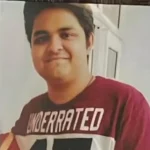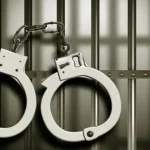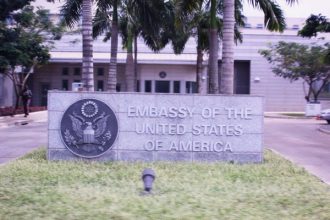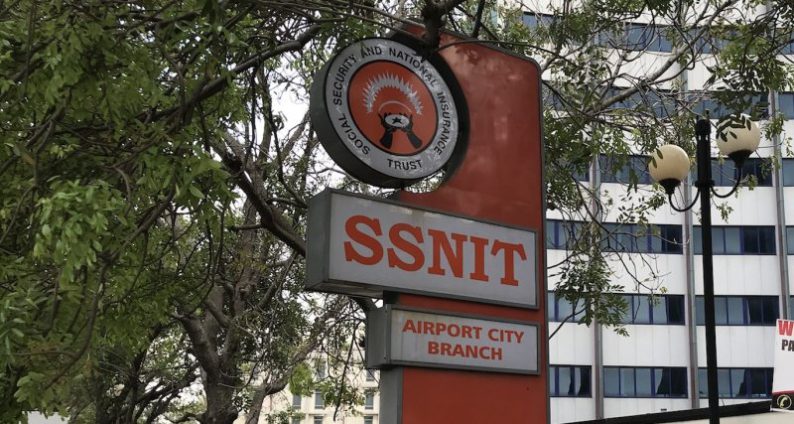The President of the Ghana Journalists Association (GJA), Mr Roland Affail Monney, has called for stiffer punishment for people who attack journalists, irrespective of their status in society.
He said no matter the infractions or mistakes journalists committed, the increasing media brutality seen in recent times was unwarranted and unjustifiable.
Mr. Monney was speaking at a public forum to mark the 70th anniversary celebration of the GJA in Accra yesterday.
The commemoration involved the cutting of the anniversary cake and reflections on the history and relevance of the GJA by some distinguished personalities.
The celebration will be climaxed in November with the 2019 GJA Awards.
The GJA was formed on August 15, 1949 to promote high journalistic standards, media freedom and welfare of journalists.
The association also defends members against state and non-state actors.
Throughout its 70-year history, it has borne different nomenclature such as the Ghana Press Club and the Association of Journalists and Writers, until it was finally changed to the GJA.
Advice
While condemning attacks on journalists, Mr Monney also advised journalists to desist from unprofessional and unethical practices.
“While we raise the red flag against media attacks and demand swift justice against the perpetrators, we strongly warn journalists who wilfully serve media consumers with toxic cocktail of mediocrity, mendacity, profanity and pomposity to mend their ways,” he added.
According to him, studies had shown that confidence in the media was waning, while hatred for practitioners was on the rise.
“However, the anti-media brew which is bubbling in certain circles does not justify the plenty attacks on journalists in a country steeped in the rule of law,” the president said.
Mr Monney commended some media establishments for dedicating time to socio-economic issues.
Appeal
The Minister of Information, Mr. Kojo Oppong Nkrumah, appealed to journalists to be bold, truthful, professional and decorous in their reportage and avoid the propagation or spreading of fake news.
“Endeavor to pay attention to the ethical considerations that govern your noble profession.
The public, who are your major stakeholders, are the best judges and they will judge you by your work and output,” he added.
Protect media freedom
A former Director-General of the Ghana Broadcasting Corporation (GBC), Mr David Anaglate, called on the National Media Commission (NMC) to protect media freedom.
He said the freedom being enjoyed by the media today was as a result of decades of struggle with successive governments, adding that the media must continue to enjoy the benefits of those struggles without interference.
Mr Anaglate said it was refreshing to note that the position of heads of public media organisations were no longer determined by governments and, therefore, those heads could be dismissed for expressing opinions contrary to those held by governments.
He recounted the many forceful efforts made by journalists decades ago to protect their freedoms and said the freedom and independence must be protected by all Ghanaians.
He, however, expressed sadness about the closure of some radio stations in the country, particularly Radio Gold, and said if the issue for the closure was about a mistake in content, then the NMC should be made to deal with it.
If it was about the failure to obtain a licence to operate, he added, then the public should be made to know if all radio stations in Ghana conformed to that rule.
Mr Anaglate said if others also had no operating licences, then the closure should be extended to them as well.
In his opinion, punitive measures should not be meted out to media entities for the views they expressed as stipulated by the 1992 Constitution.
Historical perspective
A former President of the GJA, Mr Kabral Blay-Amihere, gave a historical perspective of the association and acknowledged the fact that the 1992 Constitution had created an atmosphere of press freedom.
What was needed now, he said, was responsible journalism.
Mr Blay-Amihere also eulogised some pioneers and trailblazers in the journalism profession in the country.
The Chairman of the Centre for Democratic Development (CDD), Mr Henry Kwasi Prempeh, who was the Guest Speaker, said the media played a crucial role in deepening representative democracy in every nation.
He said civil society would stand with the GJA to safeguard the hard-won press freedom in the country.















